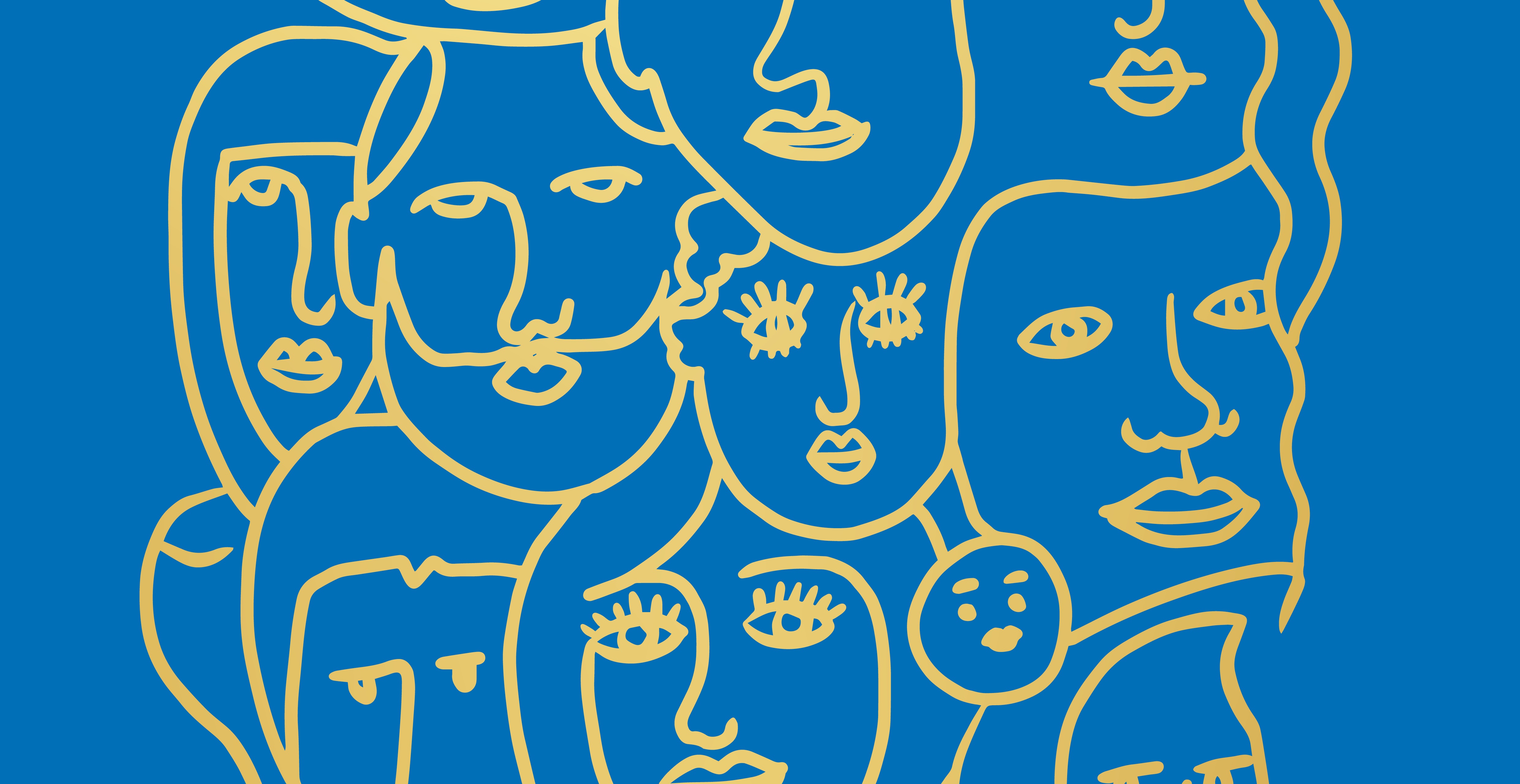
Human Rights Day --10 December 2023
This, the 75th anniversary of the Universal Declaration of Human Rights (UDHR), is an opportunity to rejuvenate the universal declaration, demonstrate how it can meet the needs of our time and advance its promise of freedom, equality, and justice for all. In the aftermath of World War II, on 10 December 1948, the General Assembly of the United Nations adopted the UDHR. In 2023, we reinvigorate the UDHR, showing the ways it meets the needs of our time, and advancing its promise of freedom, equality, and justice for all.
As a “common standard of achievement for all peoples and all nations”, the UDHR is a global blueprint for international, national, and local laws and policies and a bedrock of the 2030 Agenda for sustainable development. Nature's contributions to people are maintained, benefits are shared fairly and equitably, and all countries have the necessary financial and other means of implementation. Thus, the Kunming-Montreal Global Biodiversity Framework is an essential contribution to the achievement of the 2030 Agenda for sustainable development and notes the mutually beneficial relationship between its provisions and the Sustainable Development Goals.
The Kunming-Montreal Global Biodiversity Framework is a pledge to create a world in which people live in harmony with nature, respecting everyone's dignity, and protecting the inherent rights of individuals and peoples. Its four goals are to ensure that: species, ecosystems and genetic diversity are protected; nature’s contributions to people are maintained; benefits are shared fairly and equitably; and all countries have the necessary financial and other means of implementation.
The Framework acknowledges the human right to a clean, healthy, and sustainable environment, and its implementation will contribute to the fulfillment of that, right. The Framework calls for:
- all to respect the rights of indigenous peoples and local communities, including their rights over their traditional knowledge, lands, territories and resources;
- access to justice and information related to biodiversity;
- the full participation of women and girls, children and youth, and persons with disabilities in decision making; and
- to ensure the full protection of human rights defenders.
The Framework sets the expectation for the application of a human rights-based approach to biodiversity planning and National Biodiversity Strategies and Action Plans (NBSAPs), integrating a conceptual framework based on international human rights standards. A human rights-based approach to biodiversity planning aims to address inequality and discrimination, including at systemic and structural levels. It promotes accountable, transparent action and responsibilities. Adopting a human rights-based approach during NBSAP development and implementation can assist policy-makers to better harmonize goals pertaining to nature and development, which is key to the achievement of the goals and vision of the 2030 Agenda for Sustainable Development.
More information:
Kunming-Montreal Global Biodiversity Framework
Biodiversity is essential for sustainable development and human well-being